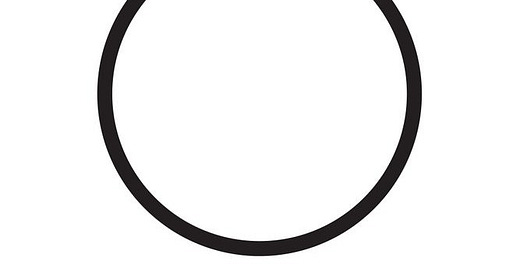I’m going to be bold here and make a blanket statement.
If you have been a writer (or artist, or musician, or photographer, or any other type of creative) for any significant length of time, you have, at some point, experienced Imposter Syndrome.
Simply put, Imposter Syndrome, also referred to as Imposter Phenomenon, is an individual’s perception that despite significant evidence that they are adept at a particular task or in their field of expertise, they are not as good as others.
The more entrenched this perception becomes, the less productive a person will be. This can be a real obstacle for writers and other creatives, particularly because the work they do on a daily basis is largely subjective and if they think it’s garbage, they’re sure other people will, too.
Over my thirty-year career as a screenwriter and author, I’ve suffered from IP many times. For me, it came and went without any real trigger. Sometimes I had it, sometimes I didn’t. Sometimes I’d read my writing and think it …
Keep reading with a 7-day free trial
Subscribe to Christine Conradt’s Substack to keep reading this post and get 7 days of free access to the full post archives.



